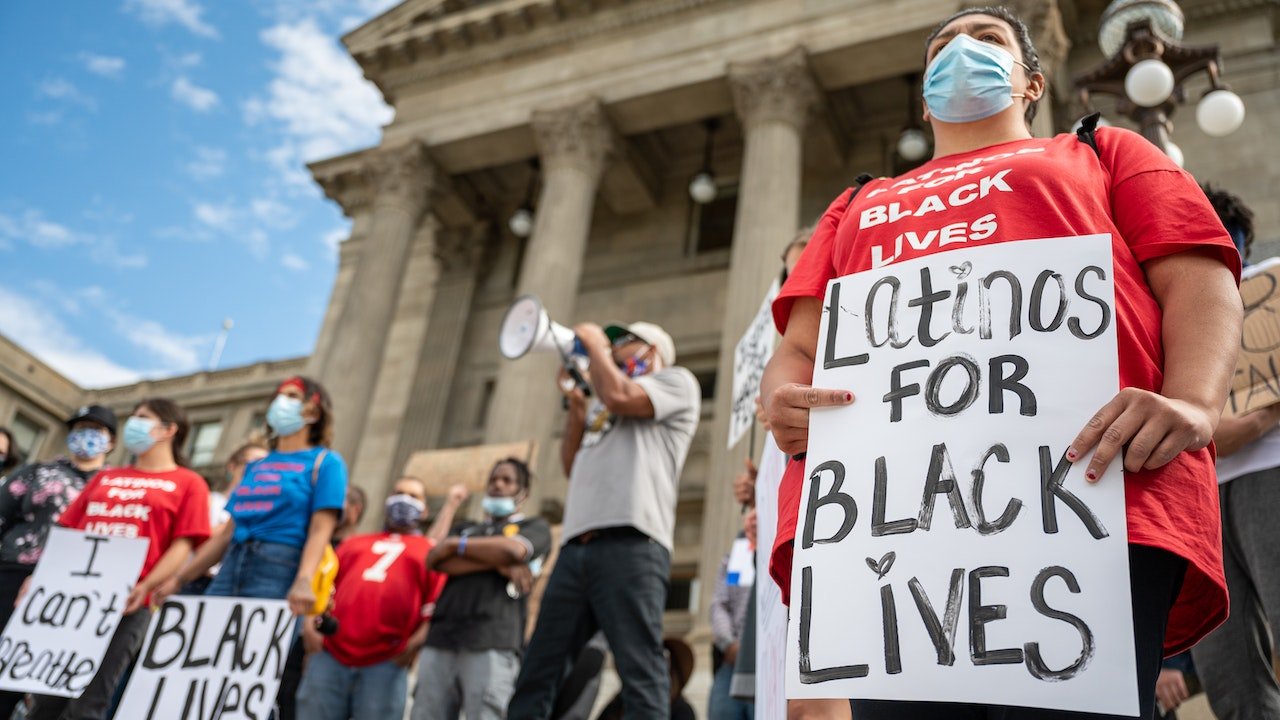Civil Rights Laws and Affirmative Action: Promoting Diversity 2023


Civil rights laws are a body of legislation created to defend people’s fundamental rights and shield them from discrimination. These rules forbid discrimination on the grounds of race, color, religion, sex, national origin, disability, or age. They make sure that everyone is given equal chances and is not exposed to discriminatory treatment in a variety of spheres of life, including as education, employment, housing, and public spaces.
The goal of civil rights legislation
Civil rights legislation has several functions in society. Their first priority is to guarantee that everyone has equal access to opportunities, resources, and services. These laws develop a culture where talent and achievement are valued above arbitrary considerations and protect people against discrimination in a variety of contexts.
Additionally, civil rights legislation aims to eliminate institutionalized biases and correct historical wrongs. These laws seek to close the gap and build a more equitable society by recognizing and resolving the injustices that marginalized communities have experienced.
The Function of Positive Action
Affirmative action is a strategy used to encourage inclusion and diversity in companies and educational settings. It tries to deal with the underrepresentation of particular groups and remove obstacles to their advancement. Preferential treatment is frequently used in admissions or hiring procedures as part of affirmative action programs to give people from disadvantaged backgrounds an equal chance at success.
Promotion of Equal Opportunity
Equal opportunity for all people is one of the main goals of affirmative action and civil rights laws. These policies aid in levelling the playing field by eliminating discriminatory practices and putting preventative measures in place. They understand that in order to achieve true equality, more than just prejudice must be avoided; structural biases and their effects must be actively challenged.
Fostering diversity in the classroom
In the field of education, affirmative action has been particularly influential. Diversity is encouraged in educational institutions, which improves the learning environment and gets pupils ready for a multiracial society. It enables people with various backgrounds to offer their special viewpoints and experiences, raising the standard of education as a whole.
Equal Opportunity in Employment
The goal of affirmative action is to promote fairness and rectify workforce imbalances through employment practices. Affirmative action policies can be used by businesses and organizations to improve diversity in the workforce and guarantee that people from underrepresented groups have access to job opportunities. This strategy encourages innovation, creativity, and a more welcoming workplace.
Arguments and Criticisms
Despite having good intentions, affirmative action has come under fire and stirred up debate. Some contend that by granting preferential treatment based on race or gender and potentially ignoring merit and qualifications, it encourages reverse discrimination. Others contend that it undermines the idea of equal treatment by encouraging a victim mentality or tokenism.
Analyzing the Success of Equal Opportunity
Affirmative action policy efficacy evaluation is a challenging task. Advocates claim that it has successfully broadened representation in businesses and educational settings. Instead of using race or gender as determining factors, critics contend that alternative methods such as socioeconomic-based admittance or merit-based selection might provide comparable results.
Future of Affirmative Action and Civil Rights Laws
Affirmative action and the future of civil rights legislation are still hotly contested issues. In order to ensure that these policies remain relevant as society changes and new problems appear, it is crucial to evaluate and adapt them. The future will depend on finding a balance between advancing diversity and upholding fairness.
Read More: The Impact of Civil Rights Laws on Society 2023
The Value of Public Education
It is essential to increase public understanding of the importance of affirmative action and civil rights laws in order to ensure the continuous advancement of these policies. In order to promote empathy and understanding among people from different backgrounds, education, and open discussion are essential. Society may collectively move towards a more inclusive future by raising awareness of the enduring need for equal opportunities and the past challenges endured by marginalized people.
Taking Care of Unconscious Bias
The effectiveness of affirmative action policies and civil rights laws can be hampered by unconscious prejudice, which is defined as the automatic and unconscious judgments we make about people based on their features. Fair treatment and equitable chances for all depend on recognizing and eliminating these biases. People, groups, and institutions must work hard.
Partnerships and Cooperation
The promotion of diversity and the elimination of discrimination need coordinated efforts from numerous stakeholders. To develop policies and programs that promote inclusion, organizations from the public and private sectors should collaborate. These collaborations have the potential to bring about significant change and build a more equal society through exchanging resources, expertise, and best practices.
The Function of Technology
Technology has a big influence on how we understand civil rights today and how we can support diversity. Online communities and social media platforms offer opportunities for underrepresented voices to be heard and empowered. Affirmative action and civil rights regulations can be furthered by using data analytics and artificial intelligence breakthroughs to discover and correct decision-making biases.
Read More: The Civil Rights Act of 1964: A Milestone in American History
Conclusion
Affirmative action and civil rights laws are essential for advancing diversity, inclusion, and equal opportunity. These laws aim to establish a society where each person has an equal opportunity to achieve by eliminating discriminatory practices and resolving past disadvantages. While there are debates, achieving a more equal society will require assessing their performance and modifying policies to shift social requirements.
FAQs
Does affirmative action put race before credentials?
Affirmative action aims to give equal opportunity to underrepresented groups without ignoring merit by taking both qualifications and diversity into account.
Do we still require affirmative action today?
Affirmative action is still required to reduce persistent inequalities and advance diversity in workplaces and educational settings.
What are the social benefits of affirmative action?
By promoting diversity, promoting inclusivity, and opening doors for formerly marginalized groups, affirmative action improves society.
Are civil rights laws restricted to the US only?
Many nations have civil rights laws or other similar legislation that strives to protect people from discrimination, despite the fact that the setting may vary.
What can people do to encourage diversity and civil rights?
Promoting inclusivity, confronting prejudices, and fighting for equitable chances in their communities are all ways that individuals can support civil rights and diversity.












2 Comments